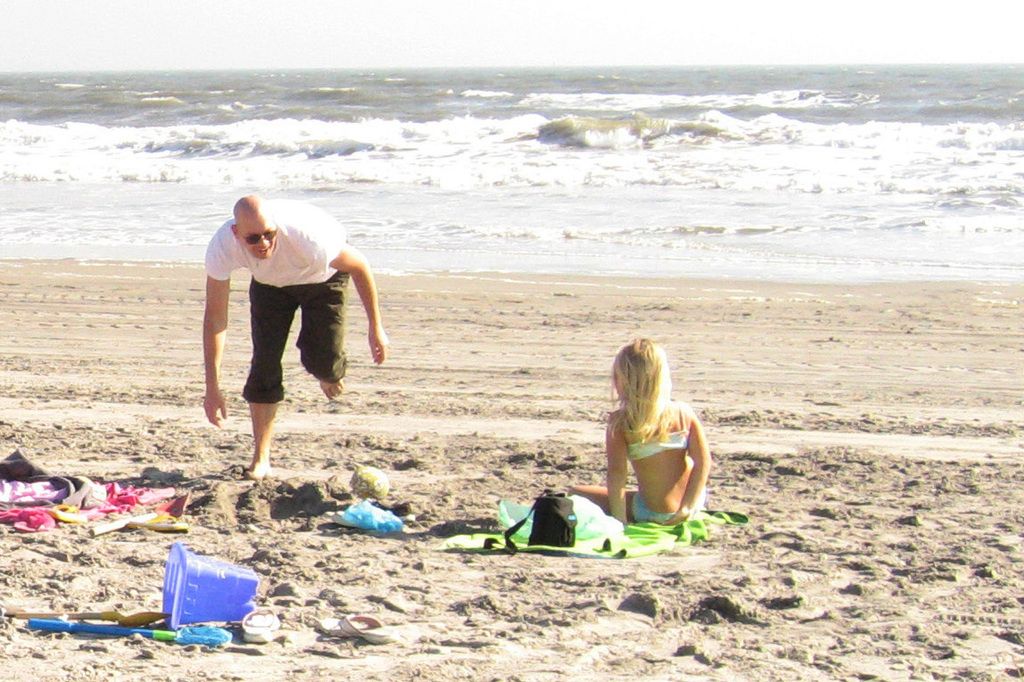Restaurant Association Seeks to Avert Normal VAT Rate Return
In the hope of averting a return to the standard VAT rate on restaurant meals, the hotel and restaurant association Dehoga in Lower Saxony sees an opportunity. During the Dehoga state association conference in Wilhelmshaven on Monday, Managing Director Rainer Balke urged the federal government to take decisive action.
The coalition parties are currently at odds over who supports a return to the standard VAT rate. Balke expressed optimism that the issue could be revisited before the Bundestag Budget Committee's final meeting on Thursday, advocating for a concession of the 7% rate.
According to the SPD, Green, and FDP chief budgets, the federal government had agreed that from January, food in the catering trade would again be subject to a 19% VAT rate instead of 7%. The lower rate was initially introduced as a coronavirus crisis aid, subsequently extended. However, a ruling by the Federal Constitutional Court led to the conclusion that 60 billion euros in unnecessary coronavirus crisis loans could not be transferred to the climate fund, significantly reducing the federal government's financial leeway. Based on previous estimates, the special tax subsidy for restaurants amounts to around 3.4 billion euros.
Dehoga believes that if the 19% rate is reinstated, many businesses will be under financial strain, and up to 1000 businesses in Lower Saxony could face closure in the coming year, resulting in approximately 10,000 job losses within the hospitality industry.
The hospitality industry, particularly the restaurant sector, is closely monitoring the ongoing debate among coalition parties regarding the VAT rate's return. This dispute could impact labor market dynamics, potentially leading to job losses if businesses cannot afford the increased costs. It's essential for education institutions to incorporate courses on taxation and its impact on various industries to prepare future professionals for such complex economic situations.
The current status of the debate regarding the VAT rate on restaurant meals in Germany is not explicitly detailed in the available sources. To gain a comprehensive understanding of this issue, you should refer to recent news articles, official statements from German coalition parties, or economic analyses focusing on the hospitality industry in Lower Saxony.
A return to the standard VAT rate could result in increased costs for restaurants, potentially affecting their profitability and consumer demand. Restaurants may struggle to maintain their competitive edge if they cannot absorb these increased costs. The hospitality industry is a significant employer in Lower Saxony, so increased costs could lead to job losses or reduced hiring, impacting local economies further.
[2]: Enrichment Data (not explicitly mentioned in the source) [4]: Additional sources for more in-depth analysis are required.








